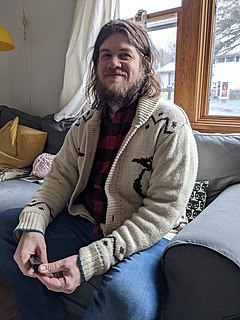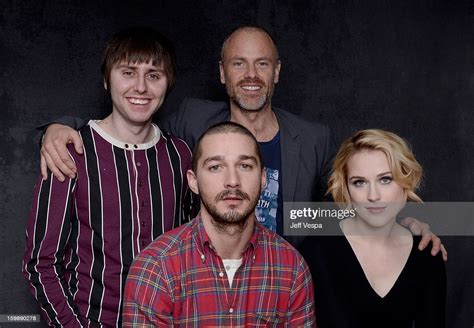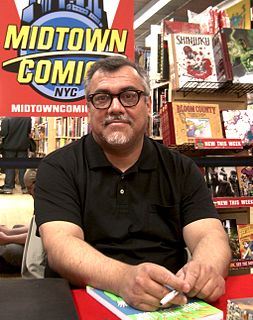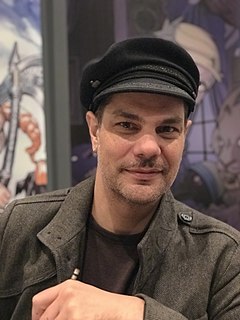A Quote by Charles Forsman
I think when I first sold digital comics it was sort of on a whim.
Related Quotes
There are a lot of good comics, no doubt, but as far as the quality of the comics goes, I think what you have is a bunch of situational comics - there are black comics that work only black crowds, gay comics that do only gay crowds, and southern comics that only work down South, and so on with Asian, Latino, Indian, midgets, etc. The previous generation's comics were better because they had to make everybody laugh.
We decided to significantly change the nature of the services we are providing to our clients by creating, really, a digital-first company, and digital first in two main directions: first, being the leader in providing digital services to our clients and second, making Accenture the most digitalized organization.
I think probably the first time I wanted to be an artist was when I was about six or seven years old. I used to get British comics and I clearly remember seeing my first American comic: an issue of 'Action Comics', with Superman on the cover with a treasure horde in a cave, and Lois saying something like 'I don't believe Superman is a miser!'
When I was a kid, back in the '40s, I was a voracious comic book reader. And at that time, there was a lot of patriotism in the comics. They were called things like 'All-American Comics' or 'Star-Spangled Comics' or things like that. I decided to do a logo that was a parody of those comics, with 'American' as the first word.
































